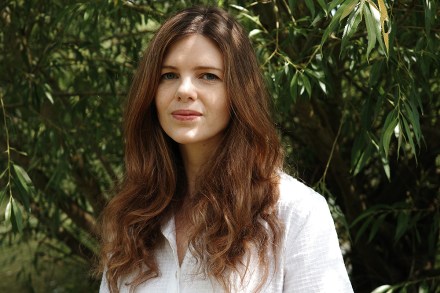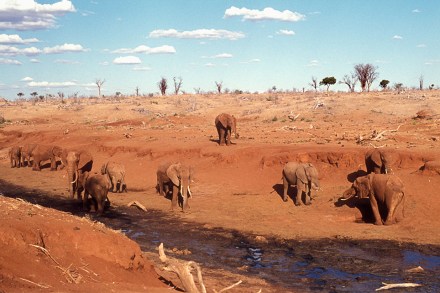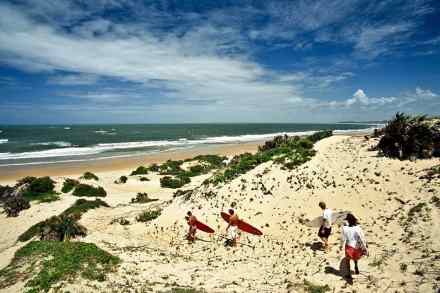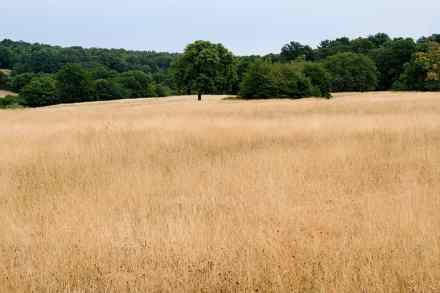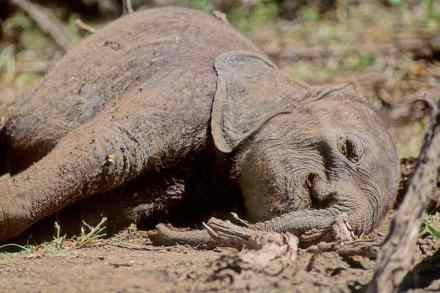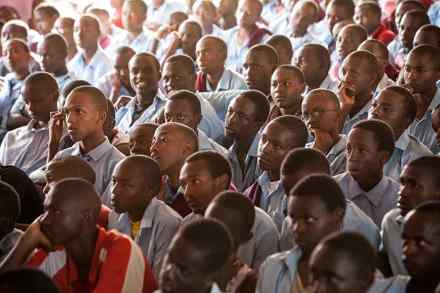A season of strangeness: The Hounding, by Xenobe Purvis, reviewed
‘Summer was the season of strangeness,’ muses Temperance, the barmaid at Little Nettlebed’s only alehouse. ‘People behaved peculiarly then.’ Temperance’s aside anchors the dramatic irony at the heart of Xenobe Purvis’s debut novel The Hounding, set in an 18th-century Oxfordshire village in the grip of a drought. In the villagers’ eyes, through which much of the story is told, this strangeness starts with the Mansfield sisters, five orphaned girls leading a reclusive life on a farm across the river, in the sole care of their blind grandfather, John. The girls’ free manners, in flippant disregard of the era’s orthodoxies, fill onlookers with mistrust. To us, however, the sisters are simply
